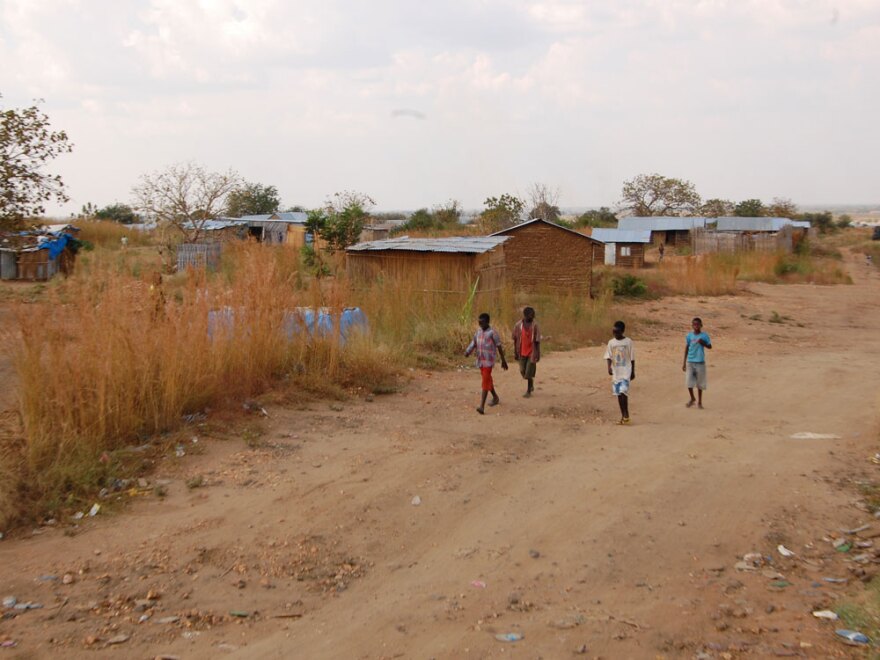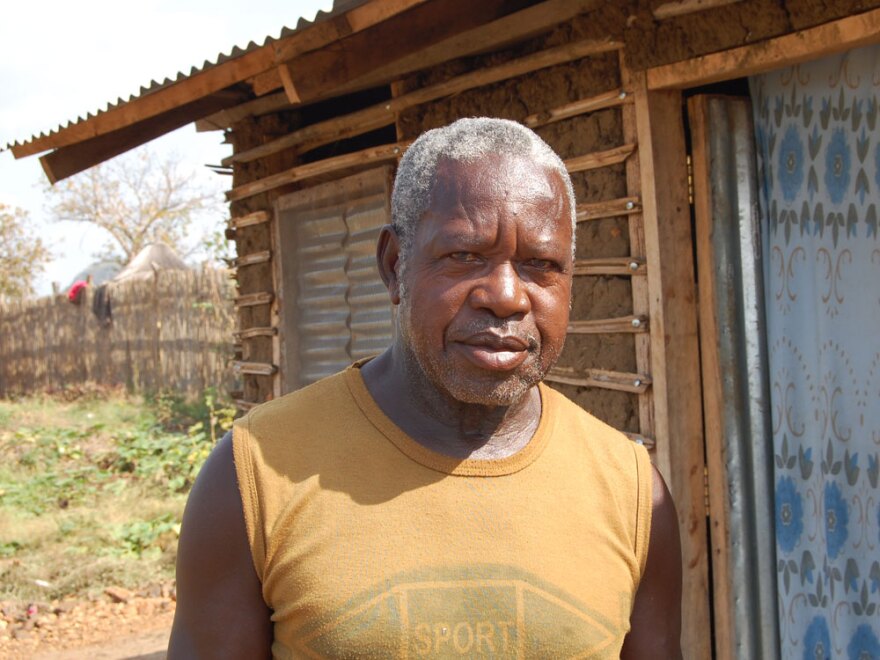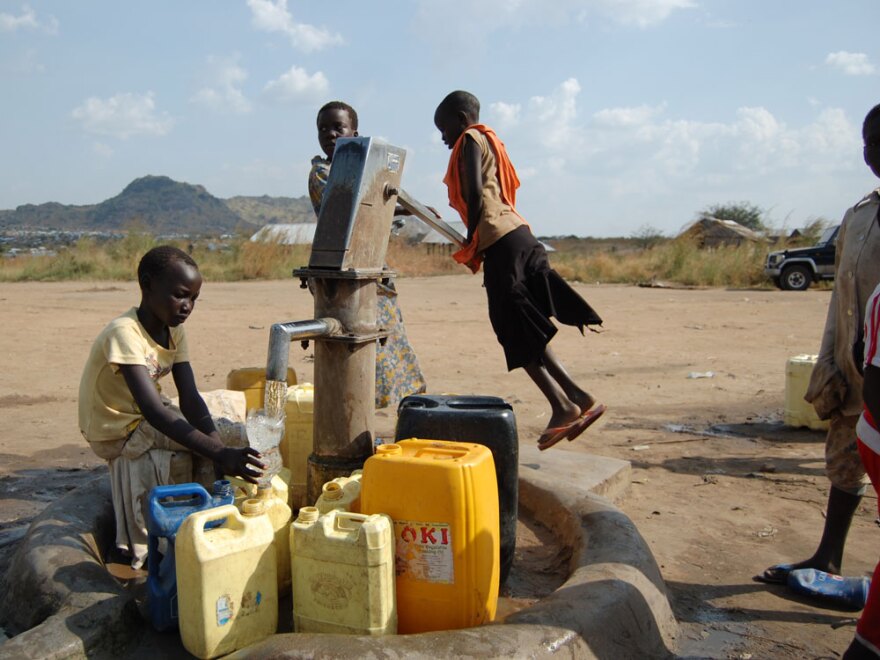Tens of thousands of people are pouring back into Southern Sudan in anticipation the region will choose independence in a referendum next month. The Jan. 9 vote could split Africa's largest country and create the world's newest nation.
But Southern Sudan is desperately poor and undeveloped. Some people who have already returned to the south wonder whether the would-be nation can handle many more returnees.

Others who have yet to return are eager to get there.
In the early years of Sudan's civil war, William Madouk's parents fled the fighting in the south and settled in the northern capital of Khartoum. That was more than two decades ago; Madouk hadn't even been born. Although he has spent his whole life in the north, Madouk says he hates living in Khartoum.
"They tell us we are heathens," says Madouk, referring to city's Muslim majority. They think "we don't believe in one God. At the same time, they say those people don't have the right to work here," he says.
Madouk, like many Southern Sudanese, is a Christian African. Khartoum is an Arab-Muslim city that feels like the Middle East. Madouk says he and his friends are routinely harassed -- even jailed -- by police for things like un-Islamic dress, in particular blue jeans.
An English major at a university in Khartoum, Madouk lives in a sprawling slum of mud houses on the edge of the capital. He says that although he's never actually seen Southern Sudan, he can't wait to move there.

"It is better for us to go back to south Sudan, build our country," says Madouk, "a country where there is freedom of expression, freedom of choice and also freedom to do whatever you want."
But Madouk admits he doesn't know if there are jobs in the south.
"Even if there is no job, I will feel okay there," he says, "because it is my land. I'm ready to go. I will not wait even one minute."
Tough Life Awaits Returnees
Humanitarian organizations estimate that tens of thousands of people will flood into the south in the next few weeks. But by most accounts Southern Sudan isn't ready.
Last month, 2,700 returnees arrived in Bentiu, the capital of oil-rich Unity state. They had to be housed in schools and disrupted classes. Others arrived in Juba, Southern Sudan's capital, and had to sleep on the ground, waiting for government help.
Some of those who return to Juba will end up in communities like Gudele West, a settlement of mud huts with iron roofs that shimmer in the sun. Five years ago, Gudele West was home to about 500 families. Today, there are 4,000.
But Gudele West has no services: no electricity, no water and no sewer. And many residents have found life much tougher there than they expected.
Sabit Abdullah Batali worked as a driver for an aid organization in Khartoum. After the north and south signed a peace deal in 2005, he was among the hundreds of thousands who decided to come to Juba. Except for a brief stint as a driver soon after he arrived, Batali hasn't had a job in years.
"Life in Khartoum was better, because I was working," says Batali, who wears a sleeveless T-shirt and several days' worth of stubble. "Here in the south, I'm in my homeland, but the government doesn't care about us. We are waiting, how is the government of the south going to handle us?"
After two decades of war and neglect, the south has little infrastructure. It's nearly the size of Texas, but has few paved roads. Juba University, the south's best school, is so overcrowded that students have to lug their own water and pack 15 to a dorm room.
Batali lives in a house made of mud and wood he built by hand. Asked how he pays for food, his eyes well up. He says he begs.
"I have brothers and friends, where I used to work, when I see them, they give me 10 or 20 dollars," says Batali. "Anytime I meet someone, I ask for help. That's how I survive."
'We Have Nothing To Give Them'
Batali isn't unusual. Officials in Gudele West say unemployment there is 90 percent. Those who have jobs often must create their own, whether it's gathering firewood or using a gas-powered generator to charge people's cell phones.

"The community grows every day," says Isaac Amin Cornelio, who serves as secretary for Gudele West.
He says the community can't handle more people.
"We have nothing to give them," he says. "We show them you can stay here, but we have nothing in hand as a community to supply to them."
On several occasions, NPR tried to talk to the Southern Sudanese government's Ministry of Humanitarian Affairs about their plans for returnees, but the ministry never made anyone available for an interview.
The government of Southern Sudan has encouraged people to return to the south for the referendum. Now, Cornelio says, southern officials have a responsibility to help returnees build new lives.
Copyright 2023 NPR. To see more, visit https://www.npr.org. 9(MDM3NjYwMjA5MDE1MjA1MzQ1NDk1N2ZmZQ004))




